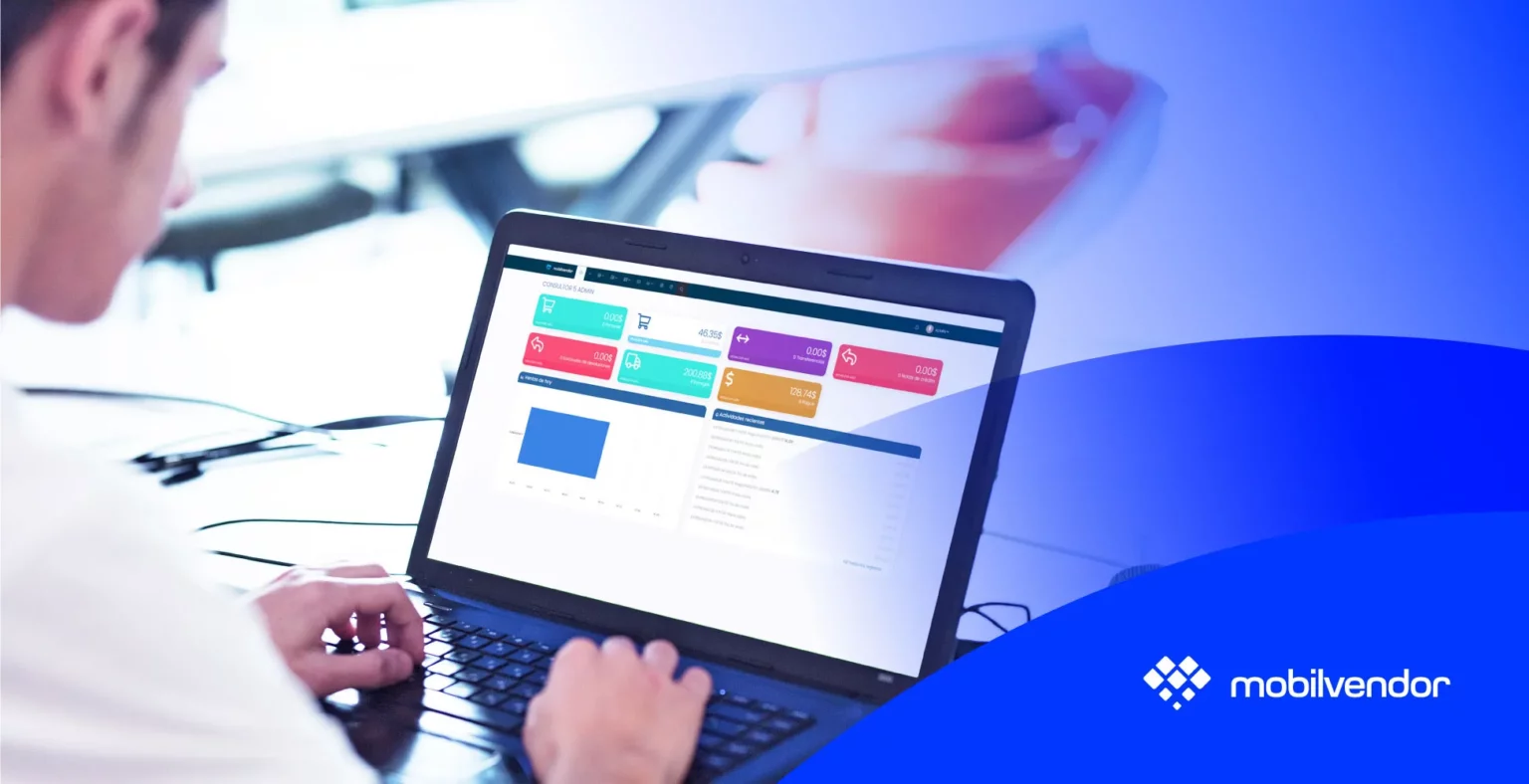
ERP, for its acronym in English, Enterprise Resource Planning, is an enterprise resource planning system that allows you to efficiently manage the daily operations of a company. In other words, with the implementation of an ERP, you can manage, in an integrated way, from a single platform, administrative, accounting, production, logistics and commercial tasks; you can also generate and control workflows and teams; obtain reports and much more. For this reason, the implementation of ERP is increasing worldwide, Latin America is no exception. Generally, company managers implement some independent technological solutions to manage some operations, such as Google Calendar for organizing schedules, Microsoft To Do and Excel spreadsheets or others of their choice. However, these tools work in isolation and when companies start to grow, they are insufficient.Contents hide 1 How do you know if you need an ERP? 1.1 What other benefits will you receive from implementing an ERP? How do you know if you need an ERP? To find out if you need an ERP, we suggest you carry out the following check list: You execute many processes manually. You and your team are probably developing processes in the traditional way when it would be best to automate them. Working this way makes it difficult to obtain data, generate reports and make important decisions; it makes work more complex and you run the risk of duplicating operations unnecessarily. You spend a lot of time on simple activities. Managing daily activities doesn't have to be complicated or take up too many hours. If this is your reality and that of your team, a system that consolidates information, facilitates communication and integrates processes is probably the solution you are looking for. You cannot easily obtain data or information about your main operations. One of the main problems faced by companies is obtaining metrics and KPIs, which makes decision-making and sustainable growth difficult. If you have answered yes to at least two of these situations, you obviously need an ERP. What other benefits will you receive from implementing an ERP? In addition to solving the problems described above, an ERP will have many benefits for you and your company. First of all, process automation will allow an optimization of time and resources, so you will see an increase in the productivity of your team. You will be able to view relevant information, in real time, so that your decisions are strategic and based on real data from your business operations. You'll get reports easily, with reliable data, through business intelligence tools and with the power of AI. You can also share these results with your collaborators with agility. With an ERP, the risk of errors will be minimal. Process automation and access to information will allow you to easily determine production needs, the stock of available products, obtain purchase predictions and much more, so you can grow in the business world. If you have reached this point and have already decided that you need an ERP, we give you some recommendations so that you can choose the most appropriate one for your company. Remember that ERPs are generally composed of modules that complement each other and cover the main areas of a business. The first thing to verify is that the modules to be contracted are those that your company needs. The most common modules are accounting, human resource management, management of business assets, production or manufacturing, commercial and logistics; however, each ERP tries to differentiate itself from its competition by providing specific functionalities for the business it is aimed at. Therefore, you should do some research before hiring a system of this type. Another important feature is adaptability; in other words, the ERP you hire must not only be adaptable to your needs, it must also allow for additional developments and integrations with other CRM, HCM, ecommerce systems, etc., that your company uses, if you require it. This is a very important condition when purchasing this service. You must also verify what type of ERP you are going to purchase, for example, a cloud ERP, here the software works in the cloud of a provider, an on-premise ERP, in which the software is installed in the location of your choice or a hybrid ERP, also known as a two-level ERP. And if you are looking for a powerful ERP, you have Mobilvendor, a multimodular ecosystem for business management, a leader in Latin America. With its modules, you can increase your sales and grow your business with the power of technology.


The business management platform that grows with you. For entrepreneurs, small businesses and regional corporations. Mobilvendor combines automation, artificial intelligence and expertise to give you what every business needs: real and sustained control.

